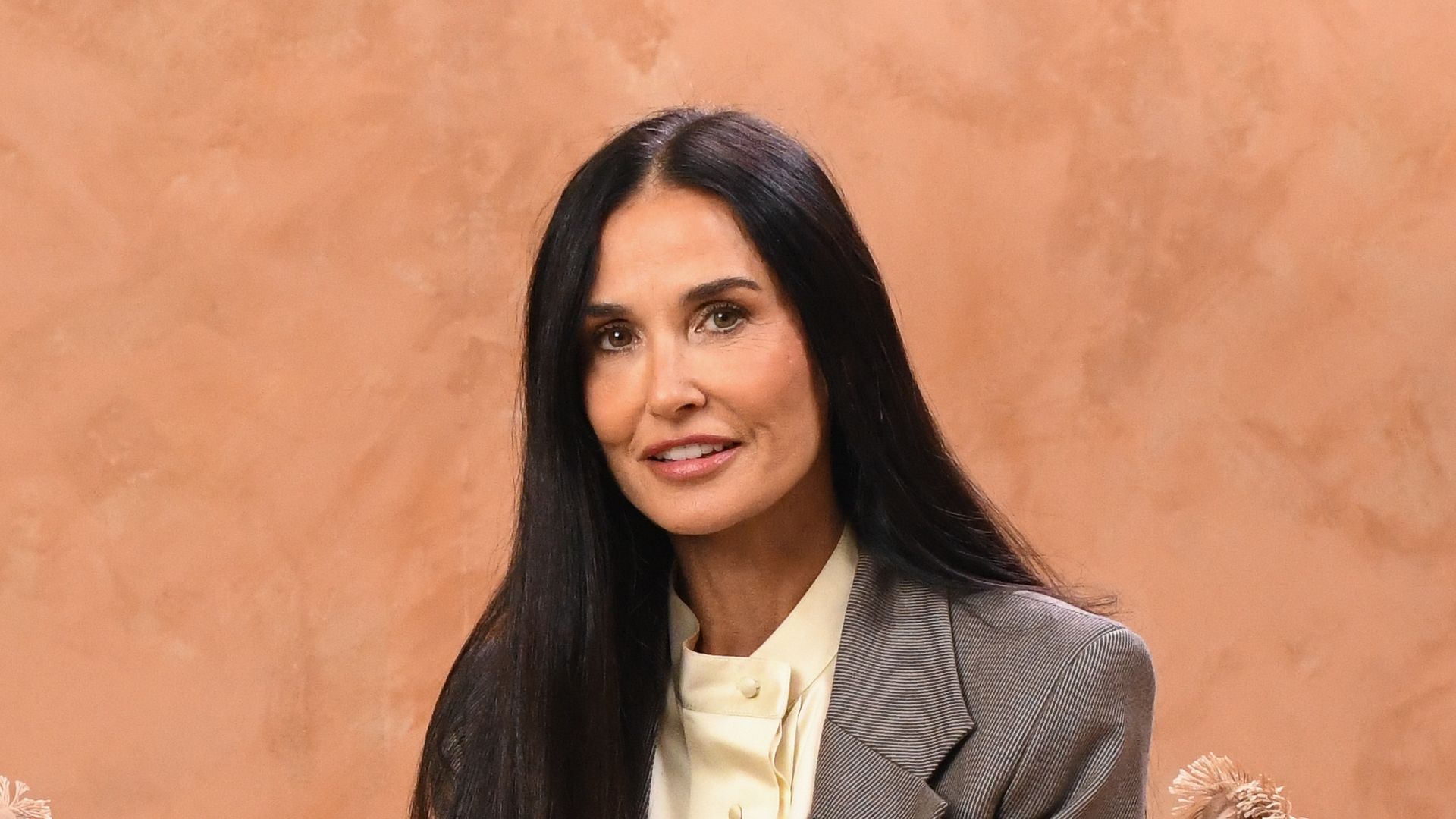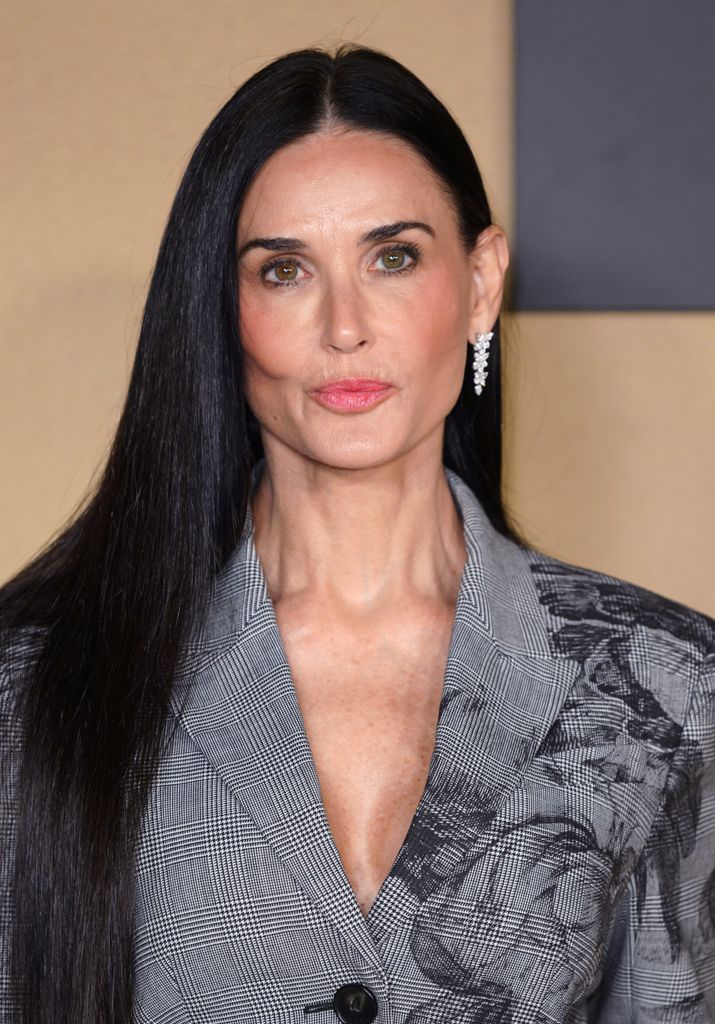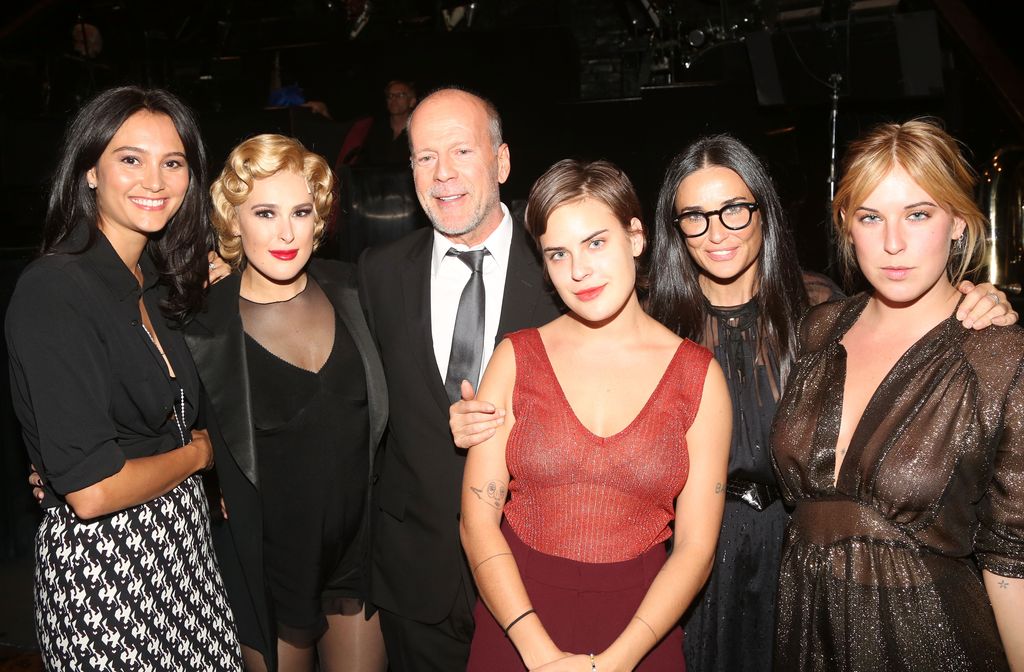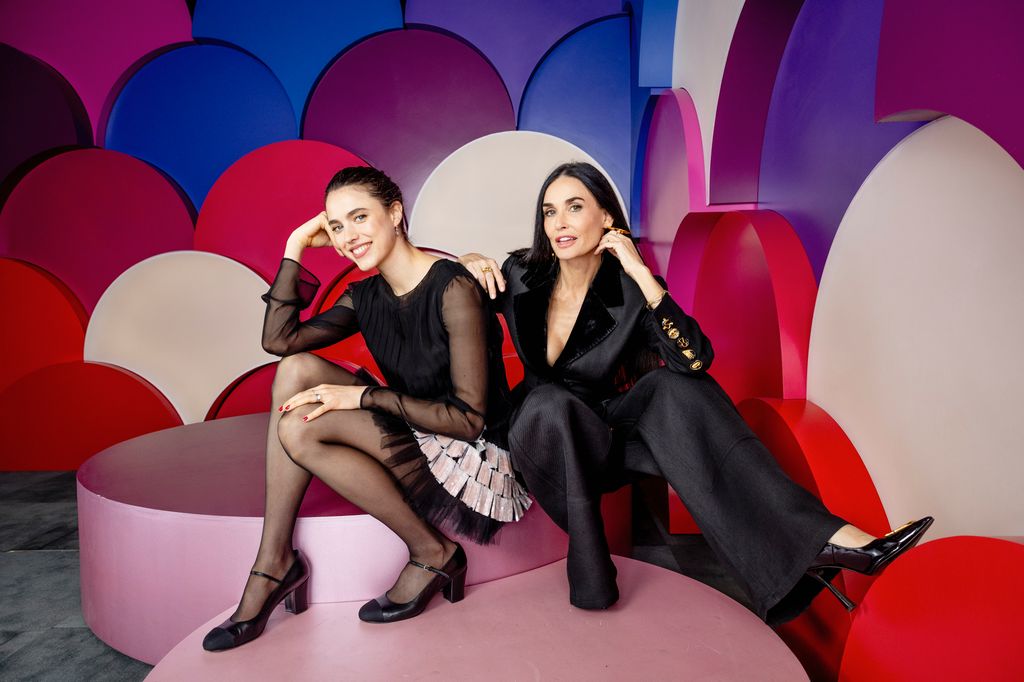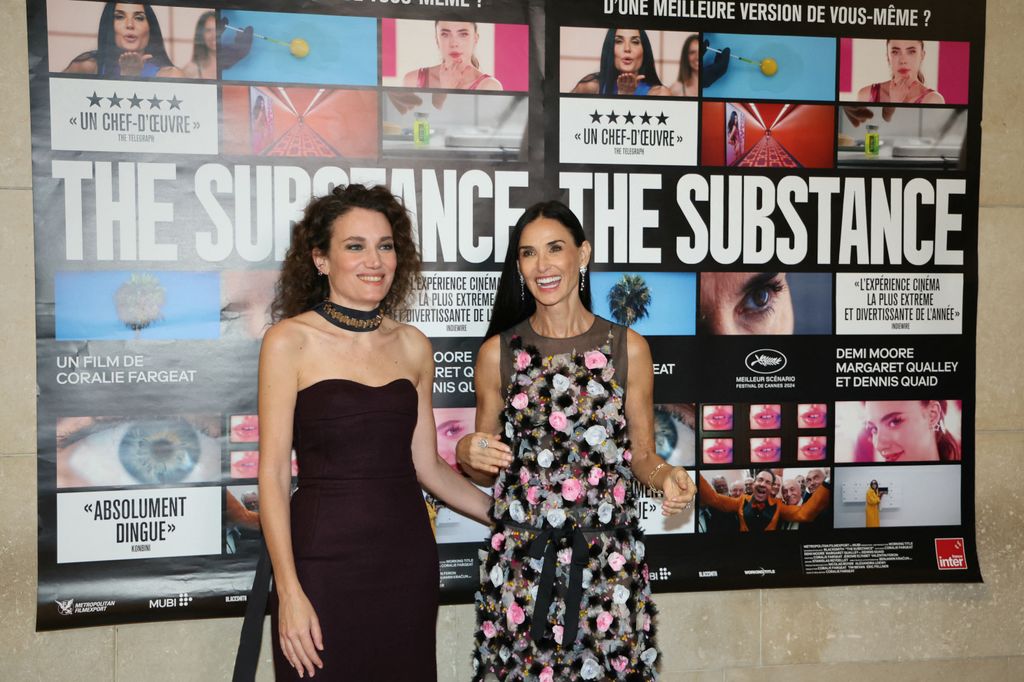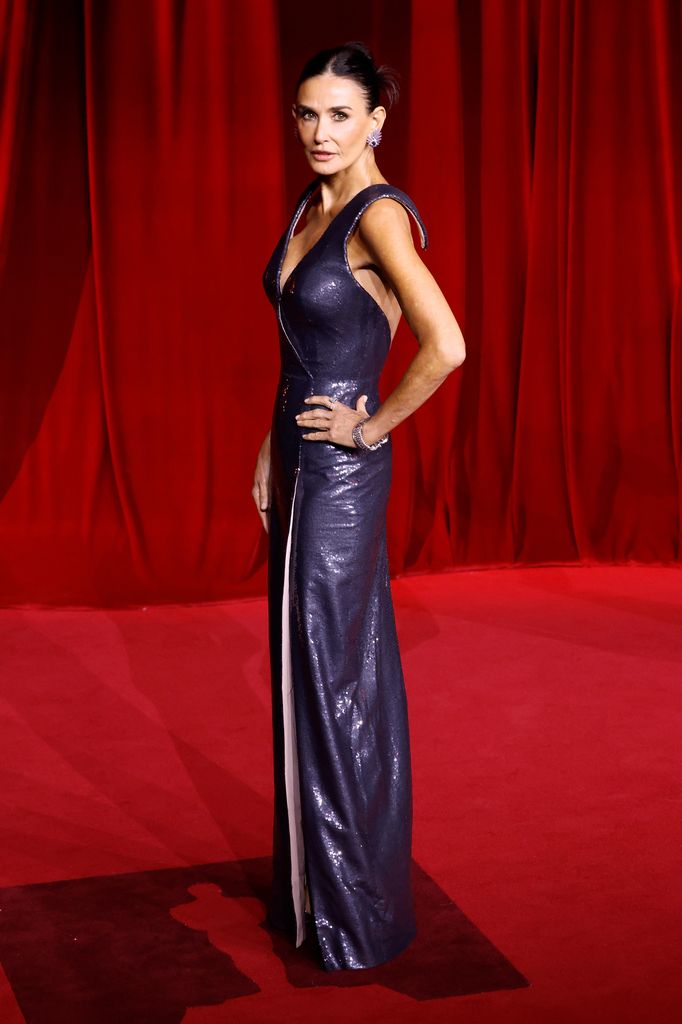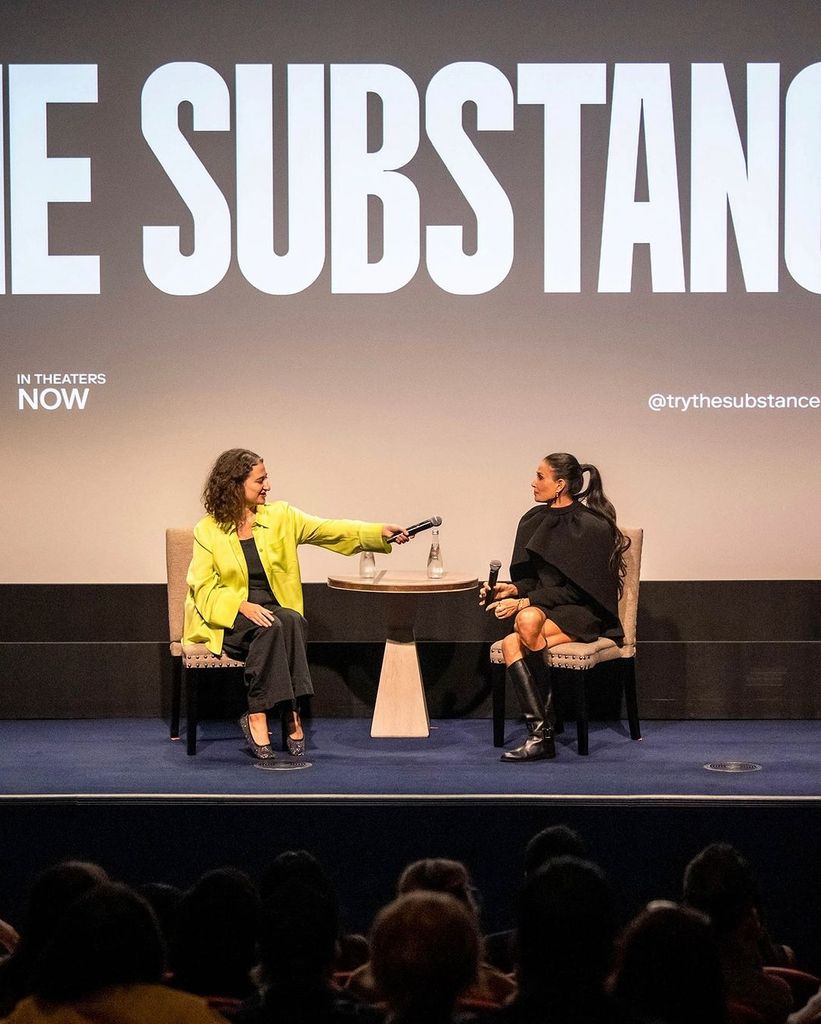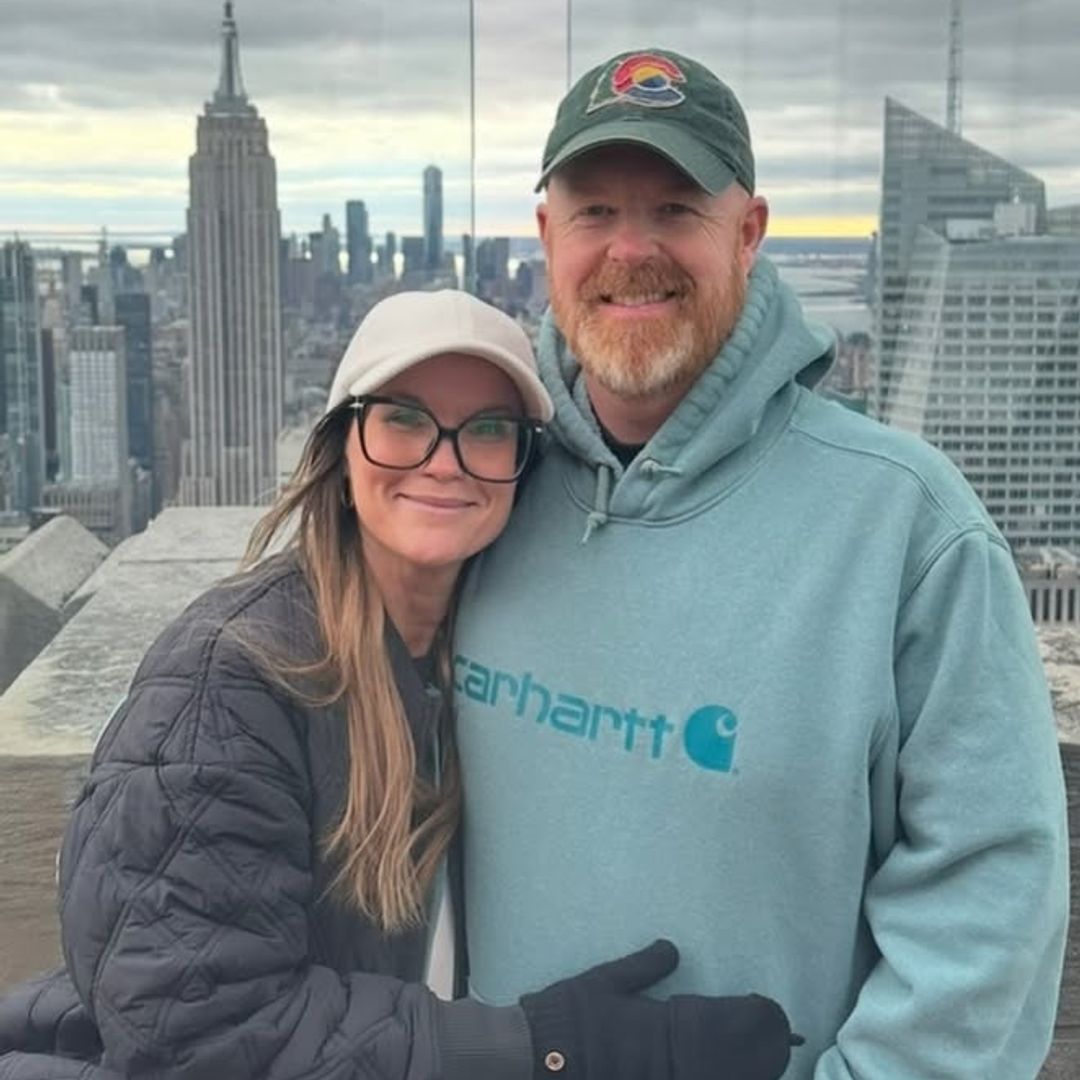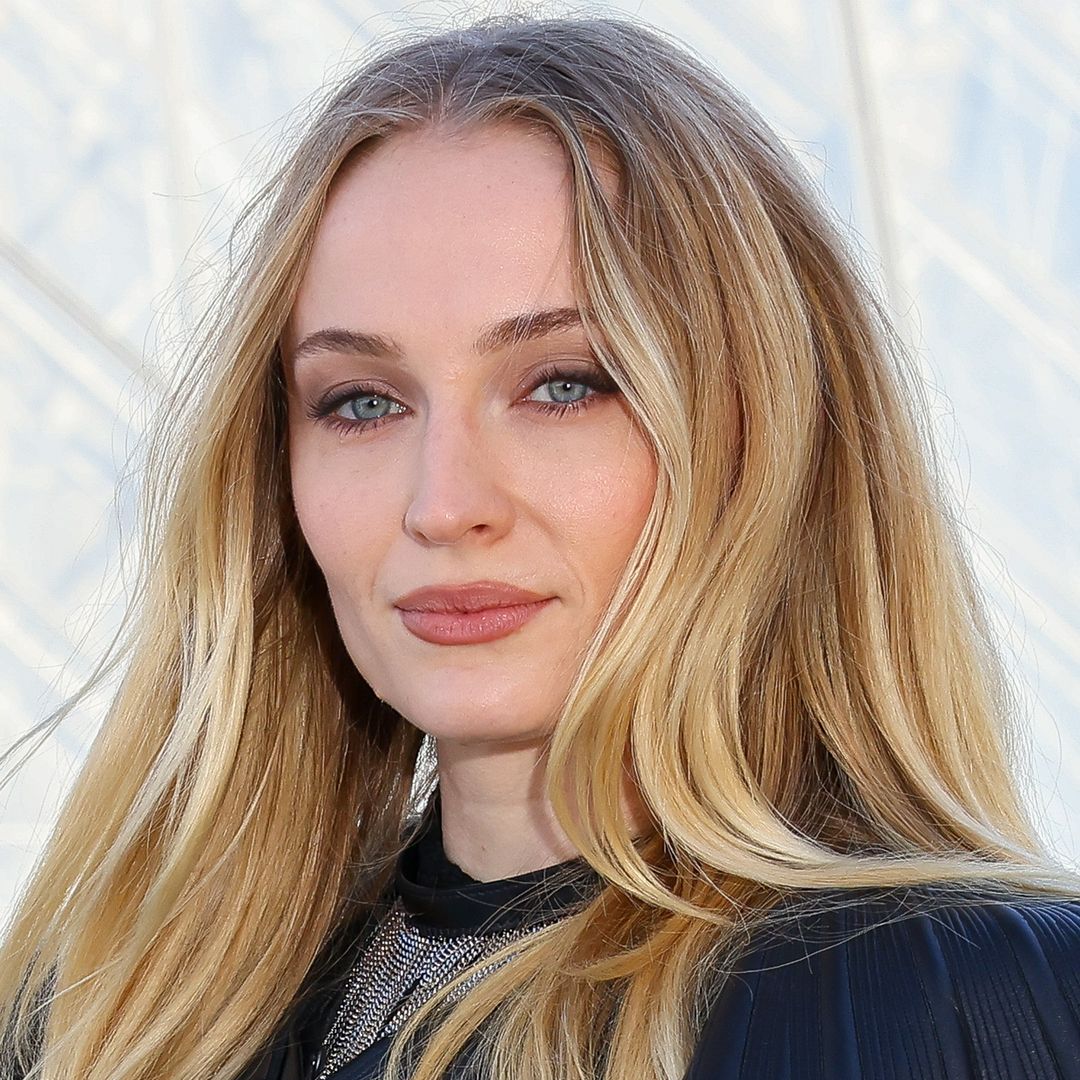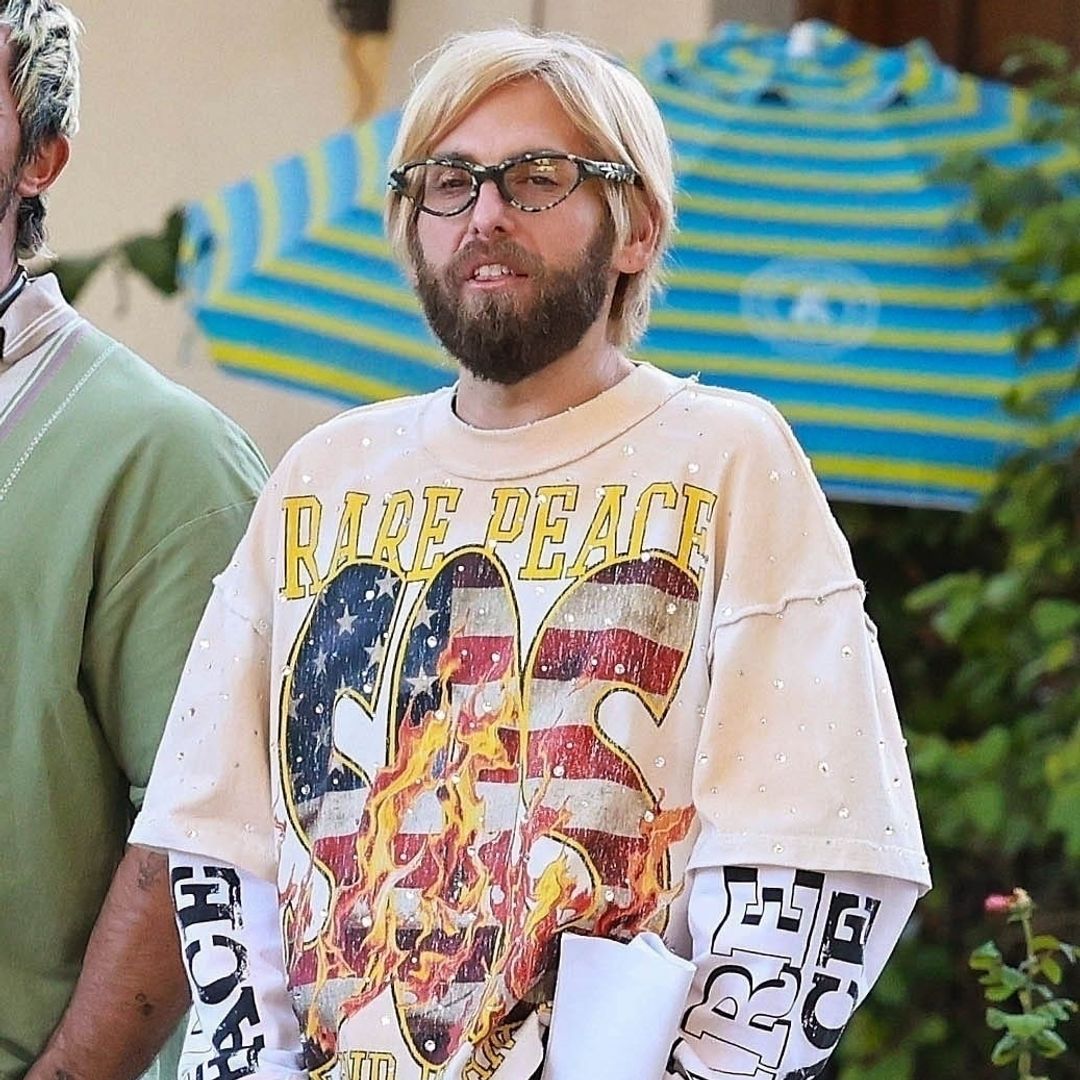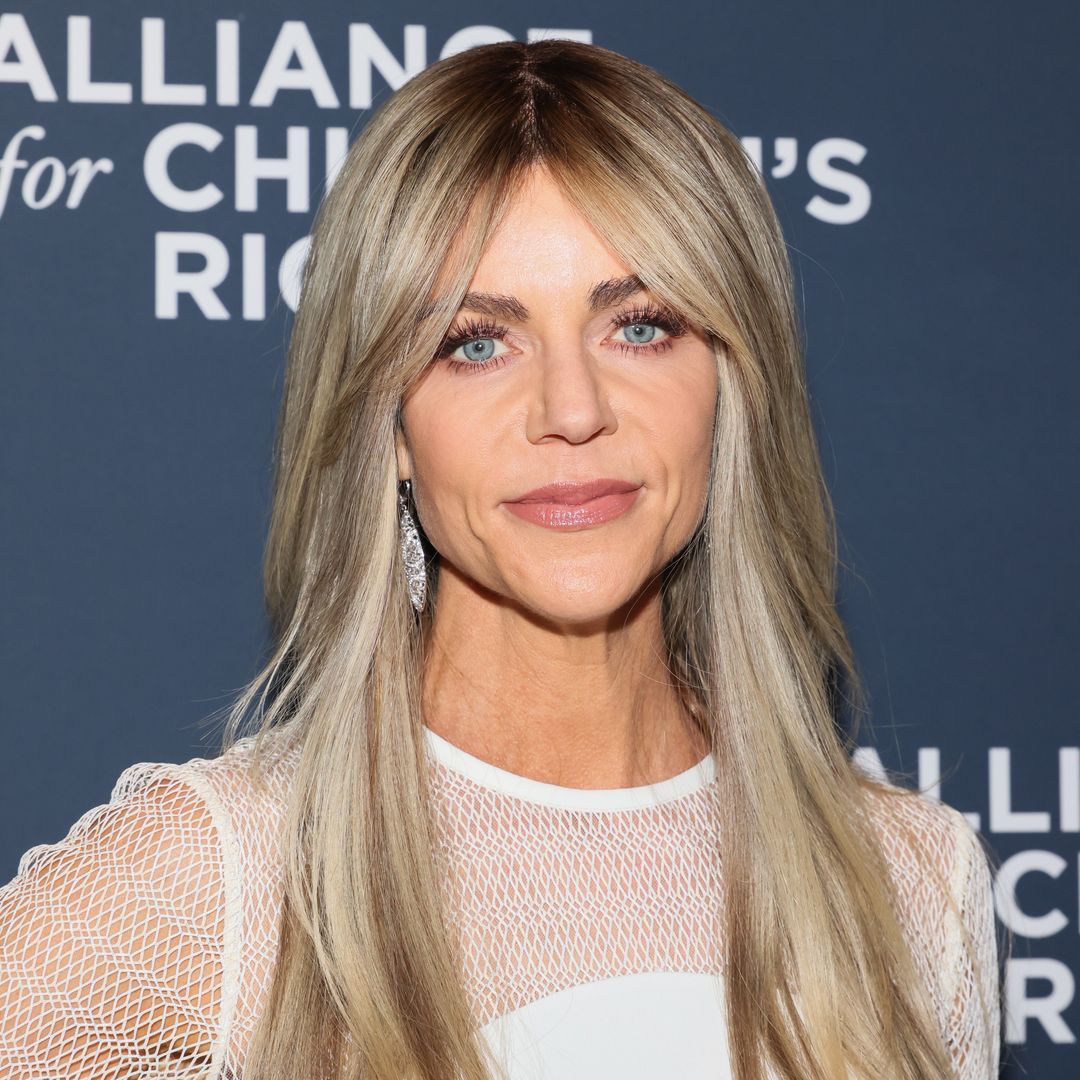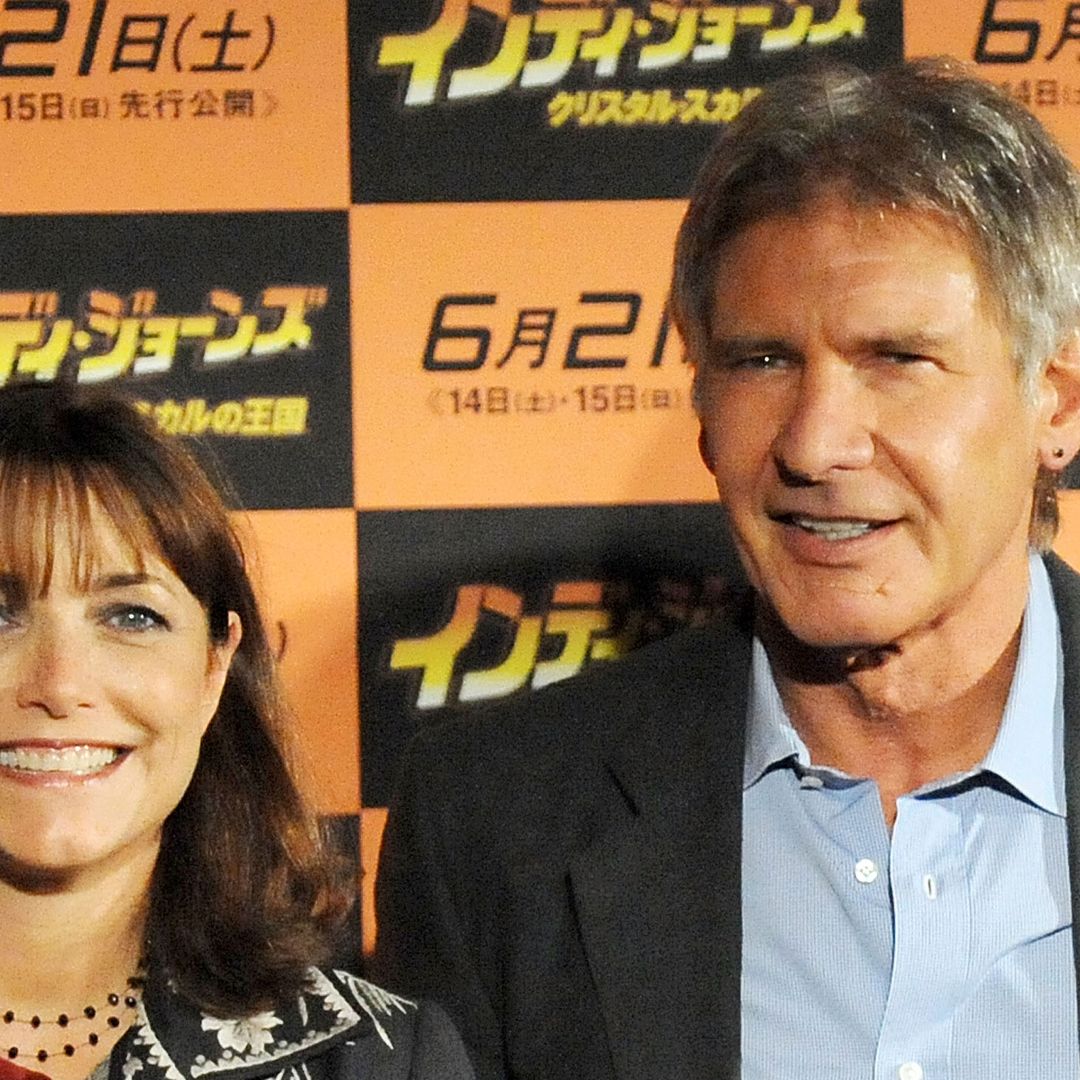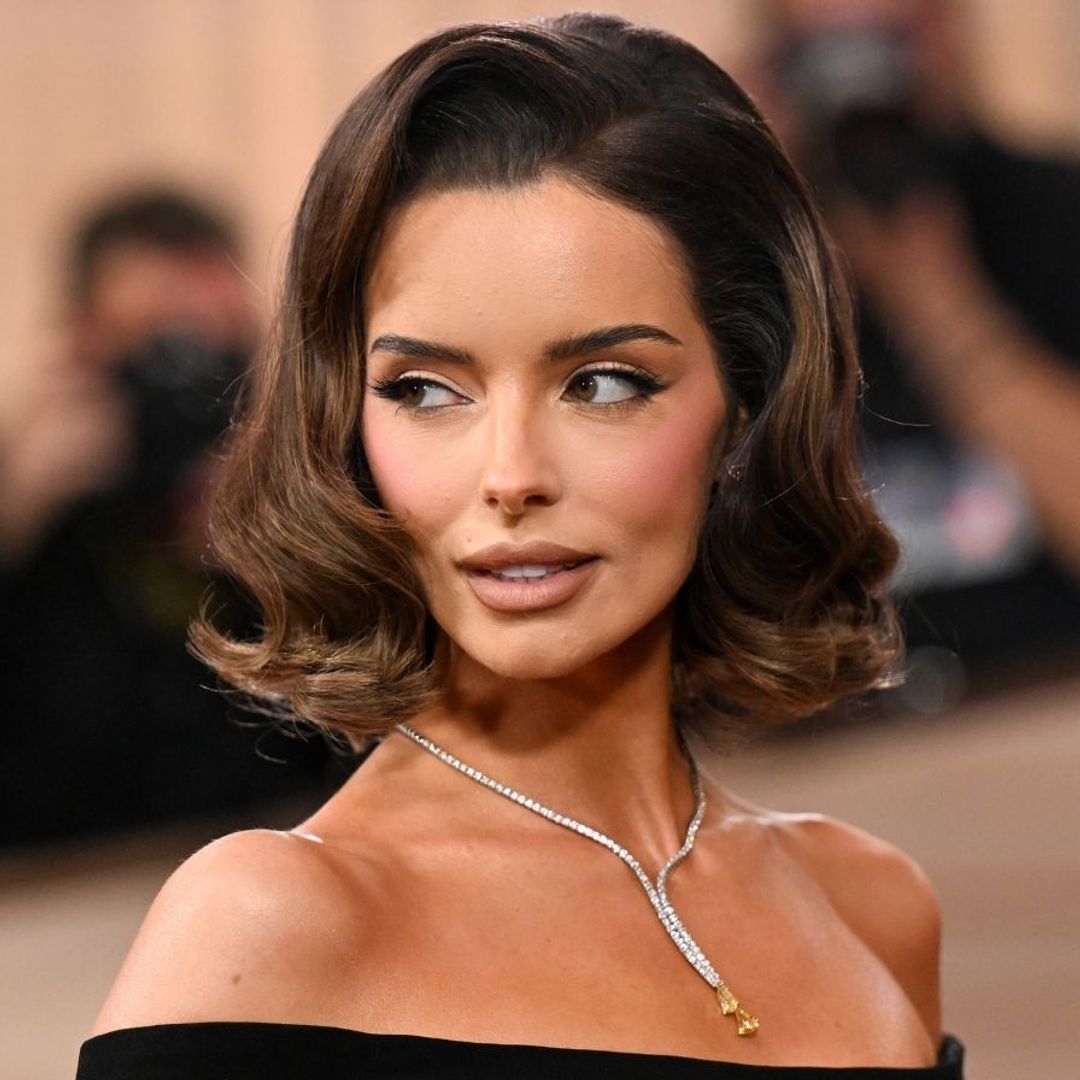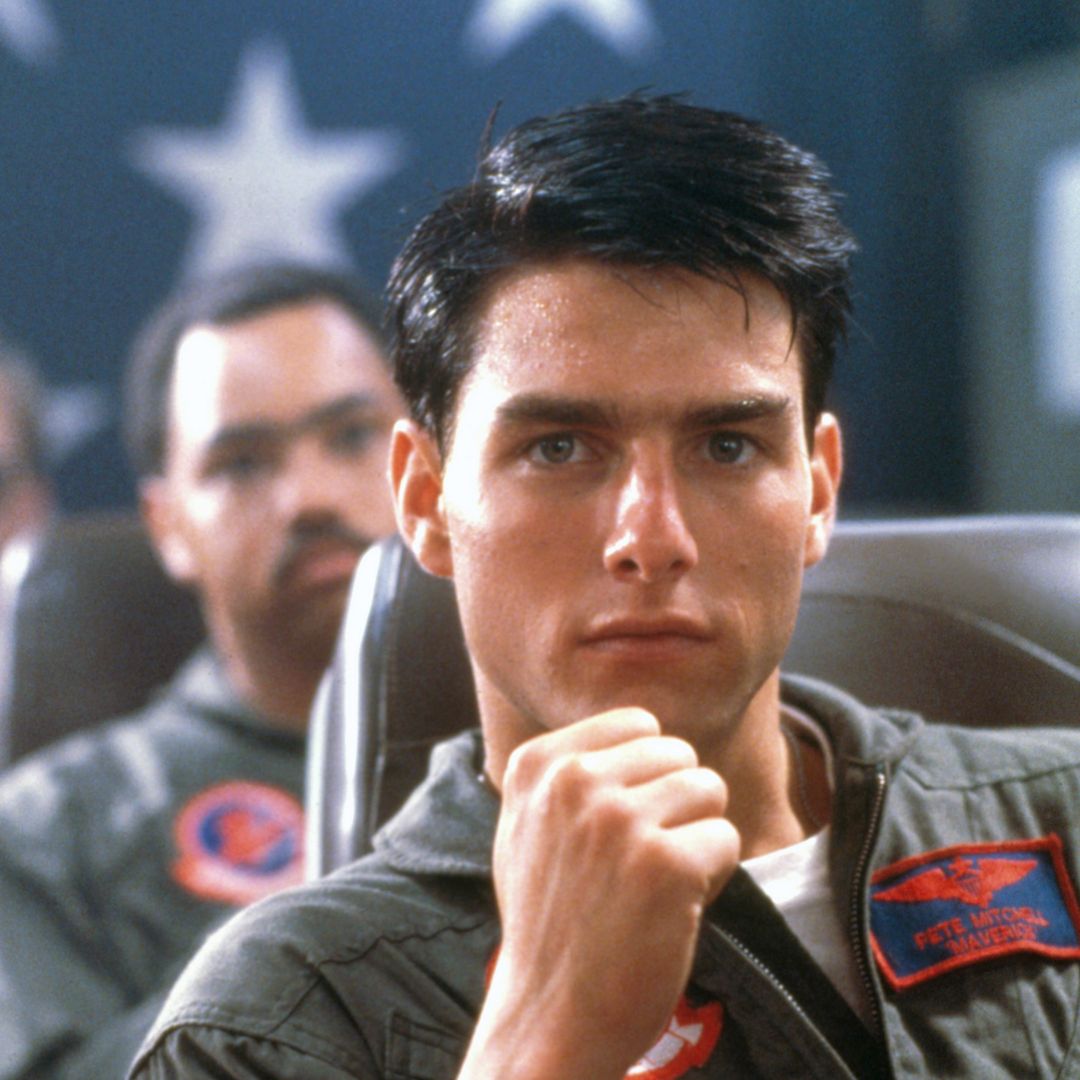Demi Moore has become part of an elite group of older actresses confronting stereotypes and taking Hollywood by storm.
Along with Cate Blanchett and Nicole Kidman, Julianne Moore and Tilda Swinton, Demi is starring in films that challenge and question as well as entertain – and at 61, she is enjoying a career renaissance.
One of the film industry's biggest stars during the 1980s and 1990s, when she appeared in hits including Ghost, St Elmo's Fire and Indecent Proposal, the actress took a break from the big screen to raise her three children with former husband Bruce Willis – Rumer, now 36, Scout, 33, and Tallulah, 30.
Her eight-year marriage to actor Ashton Kutcher, 15 years her junior, brought her back into the headlines after the couple married in 2005.
But it is her turn in new body-horror movie The Substance, in which she stars as an ageing TV fitness instructor who signs up for a mysterious medical regime that promises to create the perfect version of herself (played by 30-year-old Margaret Qualley), that is causing the latest buzz.
She's even being tipped for an Oscar nomination.
Here, the actress explains what attracted her to the role and how she hopes it will change attitudes.
Demi, do you think we're in an interesting period in cinema, with several films dealing with important themes relating to women?
"I think we are, as women, finding more value in who we are at various ages, sizes, races and cultures, and that the more we're taking ownership, the more the outside world is opening up.
"Who says you're less desirable after 50? Who says that's the truth? It's an interesting reflection that all these films are bringing things up so that we can step into the fullness of who we are."
What was it about this script that drew you in?
"It was a unique way of delving into this subject matter, one that scared me just enough that I knew it would push me out of my comfort zone. It was also a richly complex character that I certainly hadn't seen come across my desk before.
"I felt as though it was exploring the idea of not just ageing, but also the violence we can have against ourselves, which I feel is an issue we all share."
Did it do anything to change your perspective on the beauty standards in Hollywood?
"I don't know if it changed my perspective – I think it was a reflection of the beauty standards that have been in place. It's a lot of what we, as women, have agreed to, with the idea that in ageing, you are sidelined, or less desirable or less valuable.
"I don't think it's necessarily the truth, but I think there is a collective consciousness [that believes such tropes].
"Doing this film allowed me to look at those areas of judgments I was holding against myself, where I was holding myself to standards that were not necessarily realistic, versus the beauty of focusing on and celebrating all that I am, versus focusing on all that I'm not.
"I feel as though I've walked away from this experience a bit more liberated."
What influence and responsibility do you think you have as an artist when you choose certain parts?
"I had a male flight attendant come up to me on a plane and say: 'I saw your movie; you were great.'
But what he said that was more important was: 'It really made me stop and look at what I was doing to myself and completely change how harsh I was, dieting and all this stuff.'
"I felt that was the greatest gift I could possibly have had from this, to know that it's made a difference in how someone is looking at themselves.
"If it can translate on a deeper level, that's what you hope for."
To read the full exclusive interview, pick up the latest issue of HELLO! on sale in the UK on Monday. You can subscribe to HELLO! to get the magazine delivered free to your door every week or purchase the digital edition online via our Apple or Google apps.
